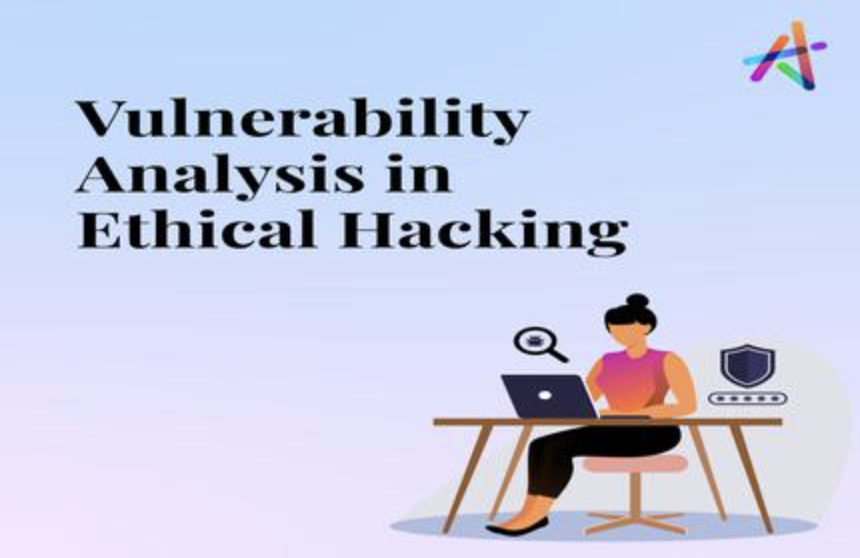Hackers & Philosophers: Security at Tech’s Edge
At the forefront of technological advancements, two unexpected contributors influence our perceptions of security: hackers, who reveal weaknesses, and philosophers, who examine the ethical dimensions of safety. For affluent individuals maneuvering through a landscape where digital and physical defenses intertwine, this conversation transcends mere theory—it serves as a roadmap for reconciling technological progress with moral principles, and protection with liberty. They emphasize that genuine security involves more than just barriers and encryption; it requires probing the essential inquiries at the edges of technology.
The Ethics of Vulnerability Disclosure
Ethical hackers identify defects in high-end technology—ranging from smart yacht controls to secure messaging applications—but when should these issues be disclosed? Philosophers ponder the concept of "responsible disclosure": is it better to inform the company beforehand, or to make the information public to incite action? For wealthy users, this translates to endorsing companies that collaborate with ethical hackers, transforming flaws into chances to enhance security. It is a careful balance of openness and trust, ensuring that your online presence is safeguarded without underlying dangers.

The Illusion of “Unhackable” Tech
Hackers scoff at claims of “unhackable” technology—each system has its vulnerabilities. Philosophers refer to this understanding as "epistemic humility": the acknowledgment that our knowledge is limited. Luxury brands are now beginning to adopt this mindset, providing “security transparency reports” that outline previous breaches and their resolutions. For instance, a premium cryptocurrency wallet company might disclose how hackers took advantage of a flaw, then elucidate the improved security measures taken. For investors, such transparency fosters more trust than mere assurances, transforming weaknesses into symbols of credibility.
Privacy as a Moral Right, Not a Luxury
Philosophers advocate for privacy as a vital aspect of human dignity; hackers work to defend it against encroachments—whether from businesses or government entities. Contemporary luxury technology reflects this ideology: messaging applications that encrypt conversations without retaining metadata or smartwatches that erase health information after use. For high-net-worth individuals, this involves more than just privacy; it signifies adhering to a fundamental principle: your information belongs solely to you. This approach to security fosters ethical alignment between the use of technology and moral values.

Hackers frequently push boundaries by bending rules—for instance, modifying a smart vehicle to incorporate personalized functions—while philosophers caution about potential unintended outcomes. The compromise? “Ethical innovation labs” where companies team up with hackers to safely test new features. A luxury car brand might permit hackers to adjust in-vehicle AI systems, subsequently integrating the most effective suggestions into official updates. For consumers, this results in advanced technology that is both pioneering and secure, developed from cooperation instead of contention.
Legacy in an Unsecure World
Philosophers pose the question: What methods are available to secure a digital legacy? Hackers offer solutions such as blockchain-based wills that safely allocate digital possessions (NFTs, cryptocurrencies, and even social media accounts) or encrypted storage that grants access to family documents solely to designated heirs. For individuals creating wealth to be passed down through generations, this means guaranteeing that their digital legacy is transmitted as cautiously as tangible belongings—with protection that respects both heritage and future.

Hackers and philosophers instruct us that security at the frontier of technology represents a mindset rather than a mere commodity. For high-net-worth individuals, this means welcoming inquiry alongside caution, and principles alongside protection. Within this discourse, we discover not only safer technology—but a more intelligent and reflective approach to coexisting with it.
(Writer:Seli)




